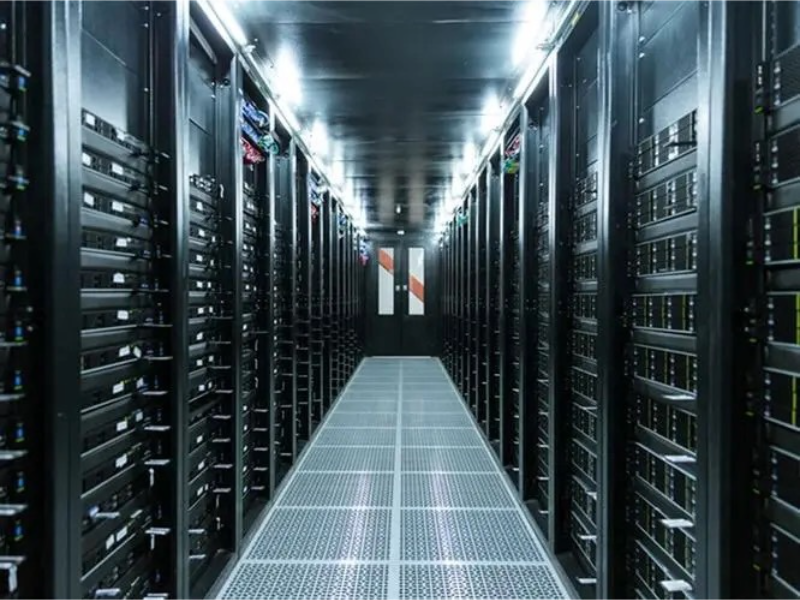- UPS (Uninterruptable Power Supply) prevents data loss by providing stable backup power and filtering out voltage fluctuations to protect hardware from power problems and ensure sufficient time for data preservation and safe system shutdown in the event of a power outage.
- UPS is often used in conjunction with power management software to provide alerts and notifications that further enhance data protection and system integrity.
UPS is a critical device designed to prevent power outages from damaging sensitive electronic equipment and data, protecting data security and hardware devices by providing stable backup power and timely system shutdown capabilities.
Functions of UPS
UPSs are essential devices designed to provide backup power to critical loads during utility-supplied power disruptions. These disruptions can range from minor fluctuations and spikes to complete power outages. A UPS ensures that sensitive electronic equipment, such as computers, servers, and telecommunications devices, continue to operate seamlessly without interruption. By doing so, it protects against potential hardware damage and data loss that can result from sudden power failures.
The primary functions of a UPS include filtering and regulating the incoming utility power to prevent damage from voltage spikes and overcurrents. Many UPS models continuously monitor and adjust the input power to maintain a stable supply, which is crucial for the longevity and performance of connected devices. Additionally, in the event of a power outage, the UPS switches to battery power, allowing users to save work and properly shut down their systems, thus preventing data corruption and loss. This controlled shutdown process is particularly important for maintaining the integrity of critical data and systems.
Furthermore, UPS systems are often paired with power management software that enhances their functionality. This software can provide detailed information about power conditions and UPS status, automate the shutdown process, and even send alerts in case of power issues. When combined with backup generators, UPS systems can also ensure that these generators have sufficient time to start up and take over in the event of a prolonged power failure, thereby maintaining the availability of networks and other critical applications without any downtime.
Also read: Nvidia’s AI chip delay is a supply chain test for AI technology
Also read: AMD’s AI chip revenue forecast surges amidst supply constraints
Specific measures of UPS to protect data security
UPS not only protects hardware devices from power problems, but also ensures data integrity and security, and is an important tool for protecting critical data and systems from power interruptions.UPS takes the following specific measures to protect data security:
1. Preventing data loss: In the event of a power interruption, the UPS provides enough time for users to save the work they are working on and safely shut down the computer system. This prevents data loss or damage due to sudden power failure.
2. Provide stable power: UPSs often have power conditioning features that filter out voltage fluctuations and spikes to provide stable power to connected equipment. This helps prevent hardware damage and data corruption caused by unstable power.
3. Controlled system shutdown: Many UPS systems can be used in conjunction with power management software that automatically performs an orderly system shutdown process when a power problem is detected. This ensures that data is properly preserved during the shutdown process and avoids data corruption.
4. Battery backup: In the event of a mains power failure, the UPS’s battery backup feature maintains operation of critical equipment until power is restored or the user can safely shut down the system. This provides valuable time for data preservation.
5. Alarms and notifications: Some advanced UPS systems are able to provide alarms and notifications that alert the user when a power problem occurs, reminding them to take the necessary steps to protect their data.

